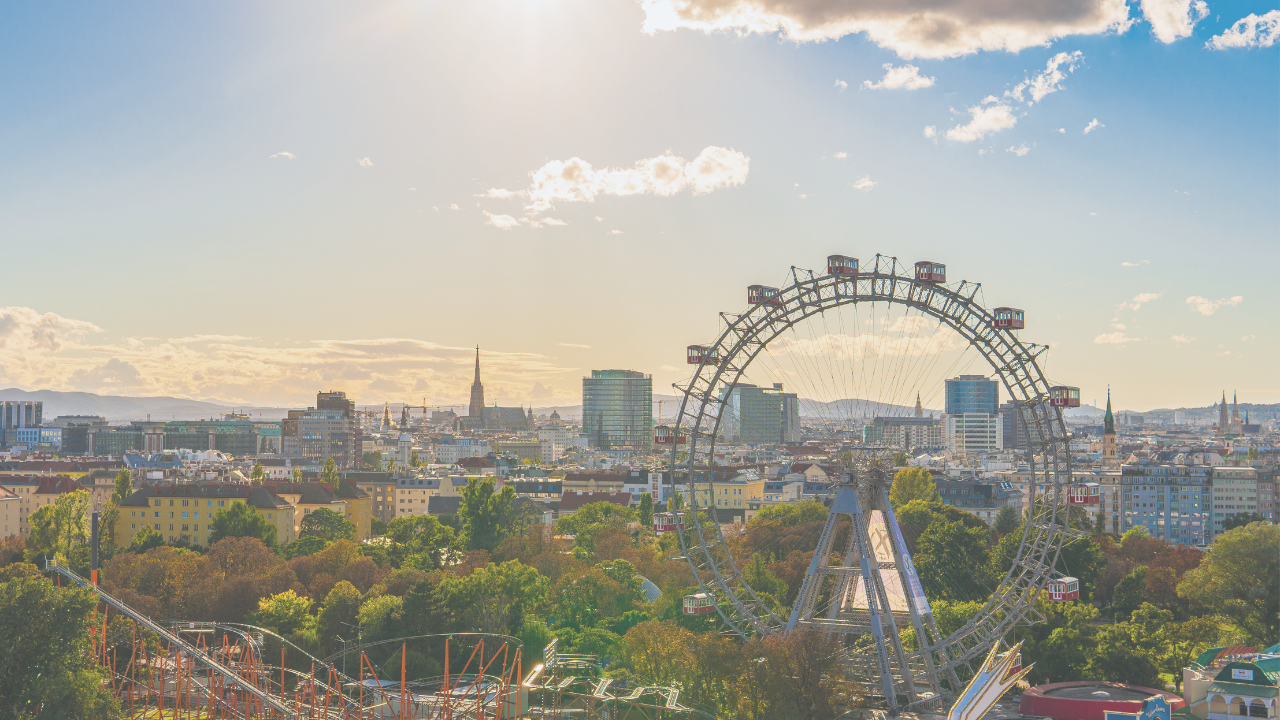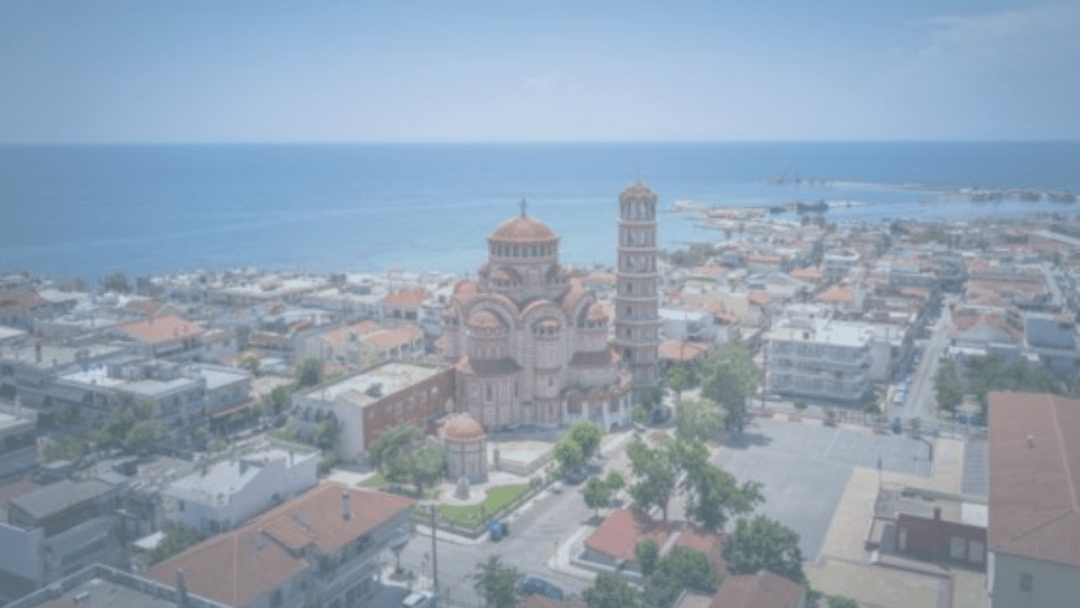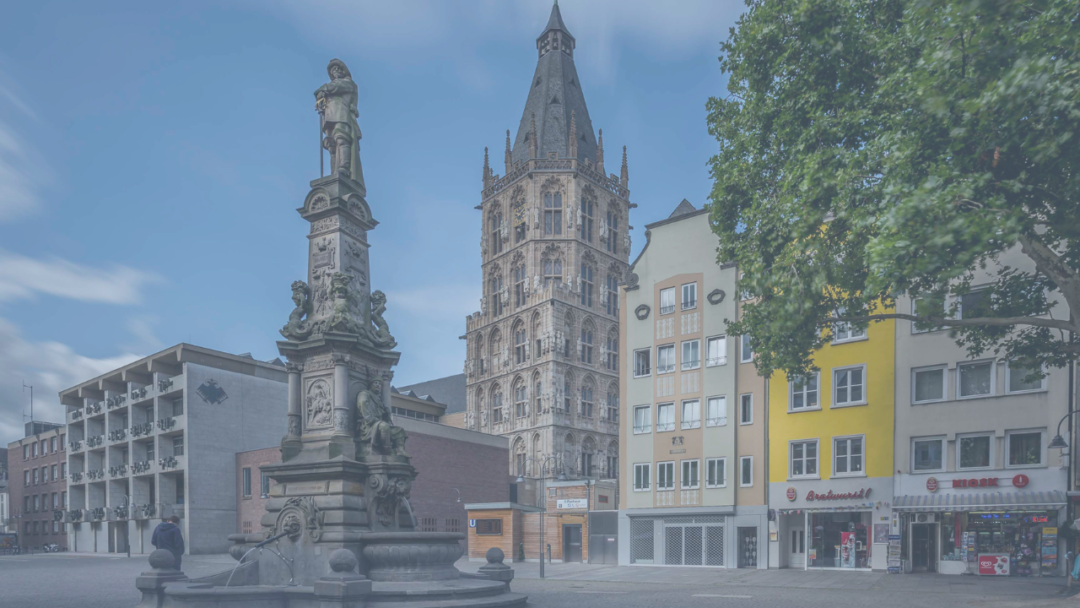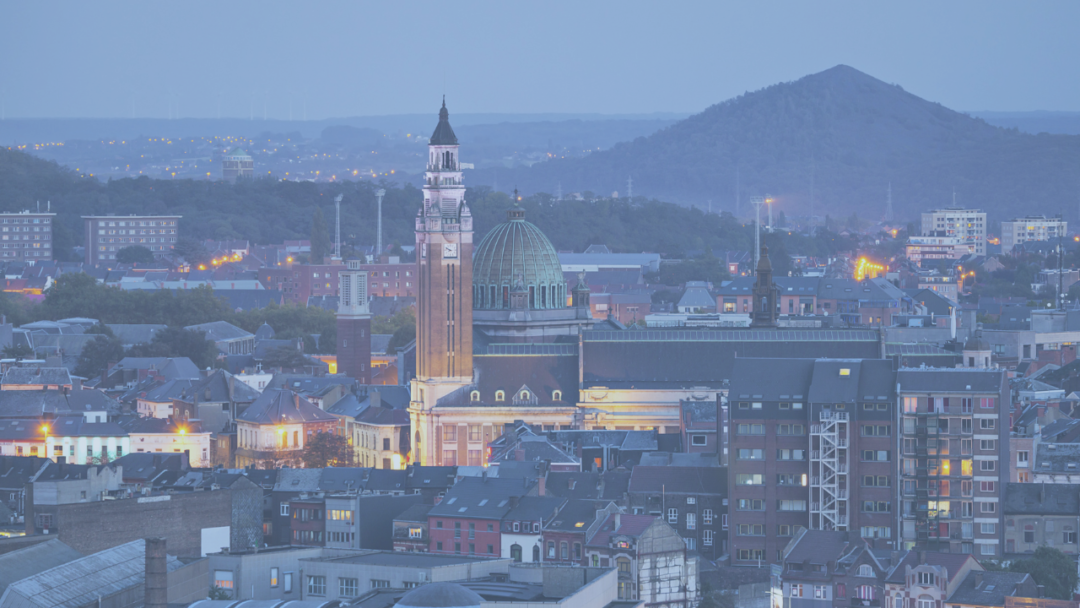General Information:
| Population: 2,028,289 (2025) |
| Country: Autriche |
| Official Website |
The City and Efus
- Member since 2005

| Population: 2,028,289 (2025) |
| Country: Autriche |
| Official Website |

General Information: Population: 34,829 (2021) Country: Ελλάδα/Greece Official Website The City and Efus

General Information: Population: 1,149,010 (2024) Country: Deutschland Official Website The City and Efus

General Information: Population: 204,322 (2024) Country: Belgique/België/Belgien Official Website The City and Efus

General Information: Population: 921,402 (2022) Country: Nederland Official Website The City and Efus